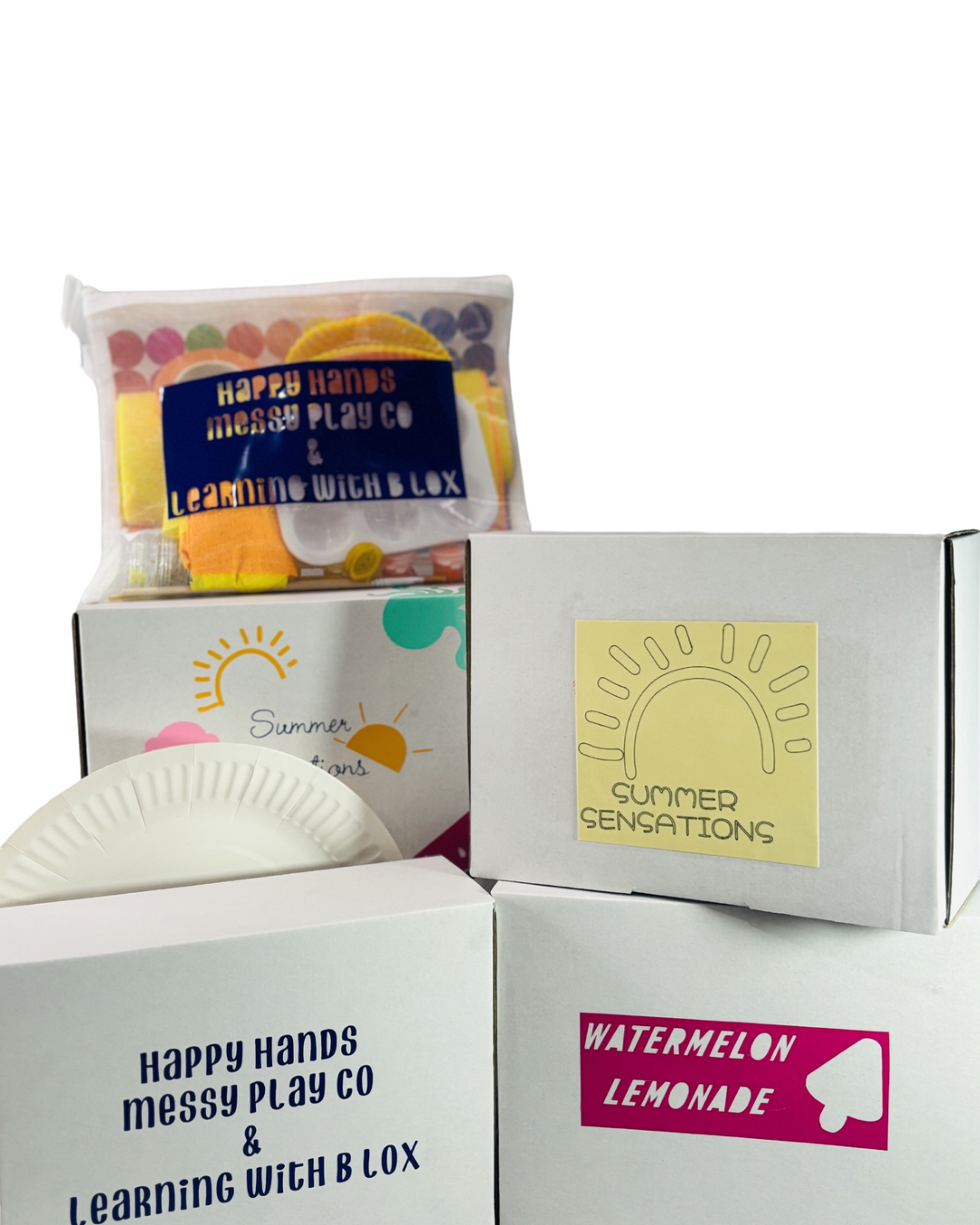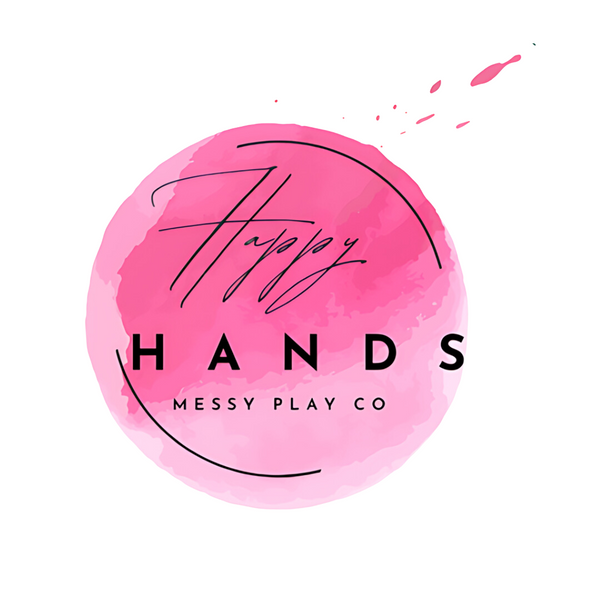
Integrating Play-Based Learning, EYLF, and Sensory Play: A Comprehensive Approach to Early Childhood Education
Share
Play-based learning is a cornerstone of early childhood education, deeply rooted in the theories of developmental psychologists like Jean Piaget and Lev Vygotsky. This approach is integral to the New South Wales Early Years Learning Framework (NSW EYLF), emphasizing the critical role of play in developing essential skills and knowledge in young children. Sensory play, a key component of play-based learning, offers unique benefits by engaging children's senses and supporting their overall development. Our upcoming sensory subscription box, meticulously designed by experienced educators, aligns not only with the principles of EYLF but also with the NSW curriculum, making learning fun and engaging through monthly themed sensory activities.
Play-Based Learning and the EYLF: A Theoretical Foundation
The EYLF, grounded in contemporary early childhood research, outlines five learning outcomes that guide early childhood education in NSW:
1. Children have a strong sense of identity.
2. Children are connected with and contribute to their world.
3. Children have a strong sense of wellbeing.
4. Children are confident and involved learners.
5. Children are effective communicators.
Play-based learning supports these outcomes by allowing children to explore, experiment, and discover in a safe and nurturing environment. This approach aligns with Vygotsky's sociocultural theory, which emphasizes the importance of social interaction in cognitive development. Through play, children develop social, emotional, cognitive, and physical skills that are essential for their growth, as outlined in Erikson's stages of psychosocial development.

The Role of Sensory Play: Neurological and Developmental Perspectives
Sensory play involves activities that stimulate a child's senses, including touch, sight, sound, taste, and smell. This type of play is particularly beneficial for children with Autism and ADHD, as it helps with emotional regulation and provides a calming effect, as supported by research in sensory integration theory developed by A. Jean Ayres. Sensory play also enhances fine motor skills, language development, and cognitive growth by engaging children in hands-on, interactive experiences. These benefits are underpinned by neuroplasticity principles, which highlight the brain's ability to form new neural connections through sensory experiences.
Our Expert-Designed Sensory Subscription Box
Our monthly themed sensory subscription box is the culmination of extensive research and practical experience in early childhood education. Each box, crafted by our team of experienced educators and child development specialists, includes carefully curated items that promote sensory exploration and align with the EYLF learning outcomes and the NSW curriculum. For example, our "Ocean Adventure" box features items like playdough, sensory mats, and ocean-themed toys, all designed to encourage imaginative play and sensory engagement while supporting specific developmental milestones.

The activities in our boxes are designed to scaffold learning, a concept introduced by Jerome Bruner, which involves providing support to children as they progress through different stages of skill acquisition. This approach ensures that each child can engage with the materials at their own developmental level, promoting confidence and competence.
By integrating play-based learning, the EYLF, and sensory play, our sensory subscription boxes offer a comprehensive, evidence-based approach to early childhood education. These boxes provide an exciting and effective way for children to learn and develop through play, ensuring that they are well-prepared for future learning experiences. Our team's expertise in child development, combined with our deep understanding of educational theories and frameworks, allows us to create a product that not only entertains but also significantly contributes to children's holistic development.
